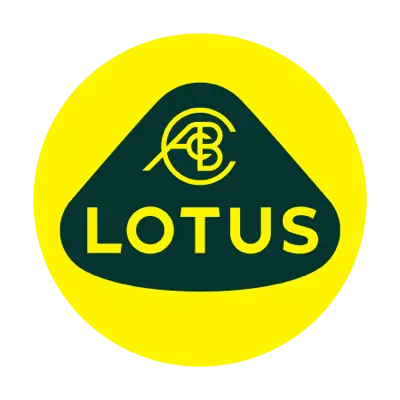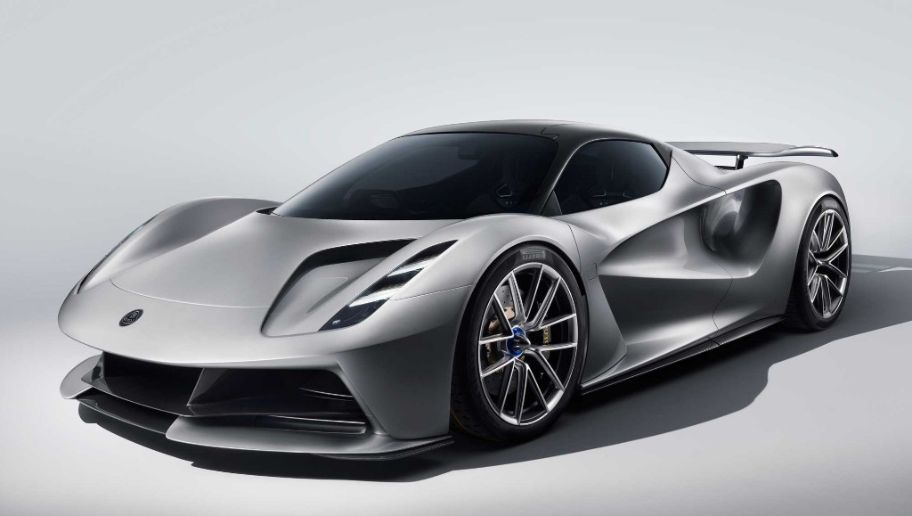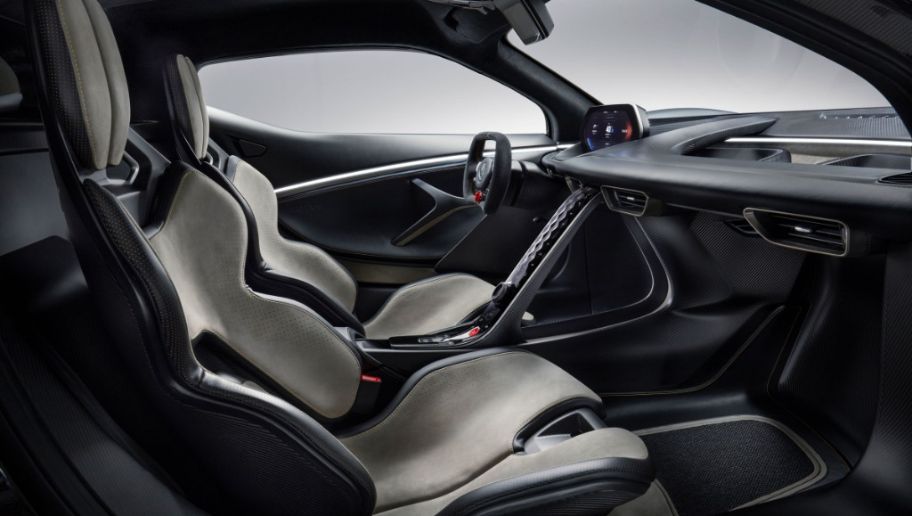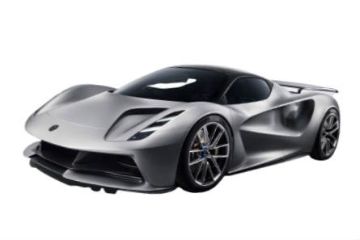Lotus Evija – Overview
The Lotus Evija (pronounced eh-VIE'-ya) aims to push the boundaries of modern hyper car technology with only 130 models of this leading-edge hyper car will be built. The Lotus Evija delivers almost 2000 horsepower and Lotus claims this makes it the most powerful production car in the world that compare with its rivals Pininfarina Battista and Rimac C_Two.It commits to being fully electric and it comes with an ultrafast charging setup from its four electric motors. Charging the battery to 80% will take 12 minutes using a 350-kilowatt DC fast charger. The 20- and 21-inch magnesium wheels, front and rear, wear Pirelli Trofeo R tires to help control weight, but even between those and the carbon-fibre monocoque and body, the car still heavy as electric components aren't exactly lightweight.







